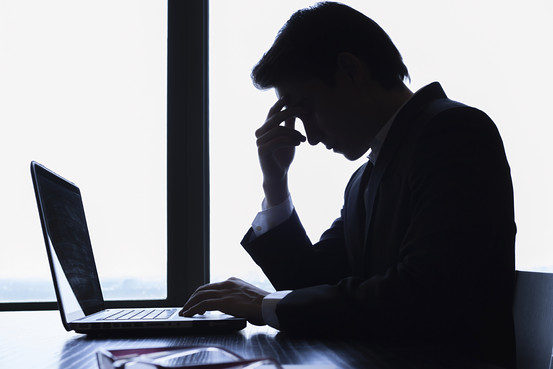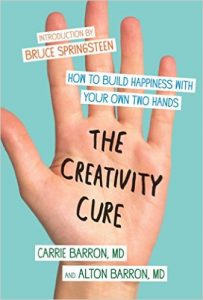My life has been a journey. Much of it spent in wonderful places, with awesome people I deeply love, and transcendent experiences. I’ve also had my share of the topsy-turvy curveballs of life’s tribulations that happen to everyone: loved ones dying, friendships fizzling, and adult children leaving home.
But depression doesn’t happen to everyone.
A Dream
I’m in a dream of driving my car through a countryside landscape. My window’s open and the fresh air is blowing in. It’s sunny, and the road is sharply winding. I arrive at a border crossing and drive from the land of a healthy life into one of darkness that is depression. The air is stale and lifeless, hanging down like a musty drape. I close my car window. Looking through my windshield, I see only murky clouds. The landscape is barren and absent of people. I turn to make a U-turn to make it back across the border, but something blocks my path. I’m lost in this place. I don’t have a map. All signs and traffic signals make no sense. It’s hard to think straight. I drive around for hours, maybe days, and eventually make cross back into this sweet land of the living where I hope, live, and love.


















